Peace talks won’t end Ukraine crisis
Is the Geneva accord signed by Russia and the West doomed to fail? Emily Hohler reports.

Get the latest financial news, insights and expert analysis from our award-winning MoneyWeek team, to help you understand what really matters when it comes to your finances.
You are now subscribed
Your newsletter sign-up was successful
Want to add more newsletters?

Twice daily
MoneyWeek
Get the latest financial news, insights and expert analysis from our award-winning MoneyWeek team, to help you understand what really matters when it comes to your finances.

Four times a week
Look After My Bills
Sign up to our free money-saving newsletter, filled with the latest news and expert advice to help you find the best tips and deals for managing your bills. Start saving today!
The Geneva accord hammered out between Russia and the West last week is already in danger of falling apart, says The Independent. Five people died at a shoot out at a barricade near the pro-Russian town of Slavyansk over the weekend and there is no sign of pro-Russian separatists disarming and evacuating government buildings. This is unsurprising.
The wars in former Yugoslavia during the 1990s have shown that agreements reached in far-off Western Europe have "marginal impact" on the fighters on the ground. Those manning the barricades are "not puppets", but "impassioned, would-be martyrs" for their causes.
Even if Russia disengaged now, the apparently gathering revolt against Kiev is unlikely to "melt away". Any peace talks must include the rebels; difficult, as the only umbrella body they have formed, the Donetsk People's Republic, lacks an identifiable leadership.
MoneyWeek
Subscribe to MoneyWeek today and get your first six magazine issues absolutely FREE

Sign up to Money Morning
Don't miss the latest investment and personal finances news, market analysis, plus money-saving tips with our free twice-daily newsletter
Don't miss the latest investment and personal finances news, market analysis, plus money-saving tips with our free twice-daily newsletter
Quite, says Chris Huhne in The Observer. Who exactly are the "disciplined, well-armed militants occupying government buildings" in towns in eastern Ukraine? The West and the interim Ukrainian government believe they are under Russian influence. Moscow denies it.
A spokesman for the militants said they will only budge when the Ukrainian government is replaced. The problem with the Geneva deal is that it meant too many things to too many people. It's all very well to agree that "all illegal groups must be disarmed", but by whom?
Russia's denial of any involvement in the seizure of towns such as Slavyansk and Gorlivka seems "implausible", saysThe Economist. It says it has no interest in unrest on its border, but actually there are several reasons why it might want to destabilise Ukraine, not least that it doesn't want Ukraine moving towards Europe.
But occupation would be very expensive: it would involve raising salaries and pensions to Russian levels as promised in Crimea, subsidising the coal mines and funding the bribes "needed to ensure" acquiescence.
Much better to "sabotage" the 25 May presidential elections so as to deprive Ukraine of the elected leadership it needs to restore order, and then gain influence on the government in Kiev by "turning the east into a constant source of trouble which keeps Ukraine chaotic, dysfunctional and unpalatable to the West".
It's time for us to act. Nato should announce that it will ramp up its presence and activity in central and eastern Europe. There should be a broad visa ban on powerful Russians; France should cancel the sale of warships to Russia, and Russia could have its access to dollars, euros and sterling cut off.
"This would deprive Russia of revenues from oil and gas exports, priced in dollars, and force it to draw on reserves to pay for most of its imports." Such financial sanctions would be costly to the West, "but worth it"."Do any less and the price next time may be even higher."
Get the latest financial news, insights and expert analysis from our award-winning MoneyWeek team, to help you understand what really matters when it comes to your finances.

Emily has worked as a journalist for more than thirty years and was formerly Assistant Editor of MoneyWeek, which she helped launch in 2000. Prior to this, she was Deputy Features Editor of The Times and a Commissioning Editor for The Independent on Sunday and The Daily Telegraph. She has written for most of the national newspapers including The Times, the Daily and Sunday Telegraph, The Evening Standard and The Daily Mail, She interviewed celebrities weekly for The Sunday Telegraph and wrote a regular column for The Evening Standard. As Political Editor of MoneyWeek, Emily has covered subjects from Brexit to the Gaza war.
Aside from her writing, Emily trained as Nutritional Therapist following her son's diagnosis with Type 1 diabetes in 2011 and now works as a practitioner for Nature Doc, offering one-to-one consultations and running workshops in Oxfordshire.
-
 Can mining stocks deliver golden gains?
Can mining stocks deliver golden gains?With gold and silver prices having outperformed the stock markets last year, mining stocks can be an effective, if volatile, means of gaining exposure
-
 8 ways the ‘sandwich generation’ can protect wealth
8 ways the ‘sandwich generation’ can protect wealthPeople squeezed between caring for ageing parents and adult children or younger grandchildren – known as the ‘sandwich generation’ – are at risk of neglecting their own financial planning. Here’s how to protect yourself and your loved ones’ wealth.
-
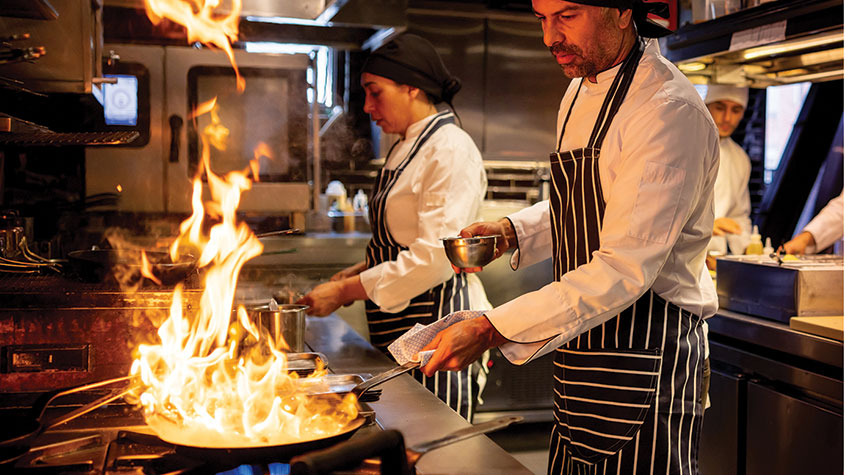 Brace yourself for the return of rationing
Brace yourself for the return of rationingOpinion Russia is turning off the cheap energy. That is already leading to belt-tightening, says Matthew Lynn. Who will suffer most, and which sectors will thrive?
-
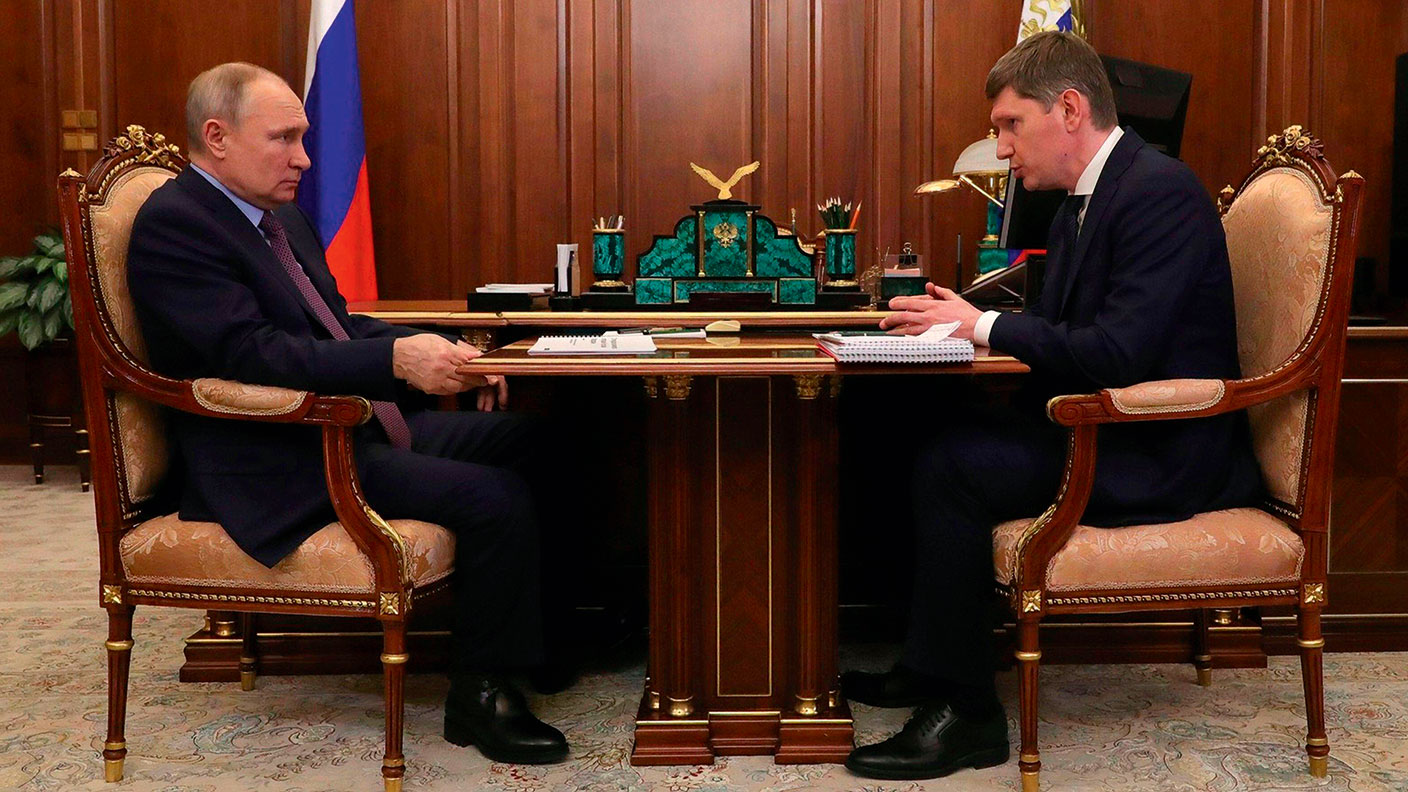 Fortress Russia’s economy is crumbling
Fortress Russia’s economy is crumblingBriefings Vladimir Putin invaded Ukraine in the belief that the Russian economy could withstand whatever the West threw at it. That belief is being severely tested.
-
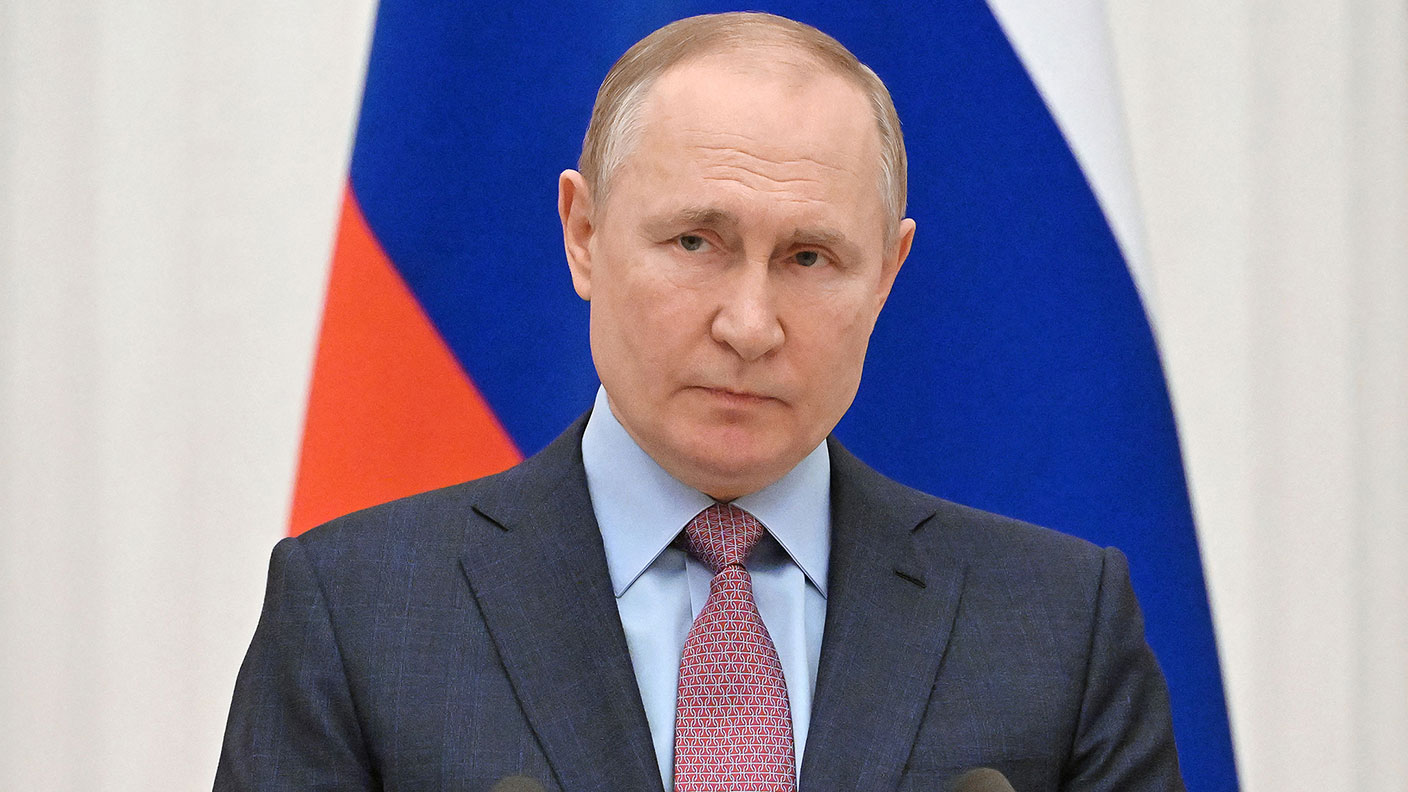 How the West can win Putin’s war on food
How the West can win Putin’s war on foodOpinion The West could easily make up the shortfall if it let the free market rip, says Matthew Lynn.
-
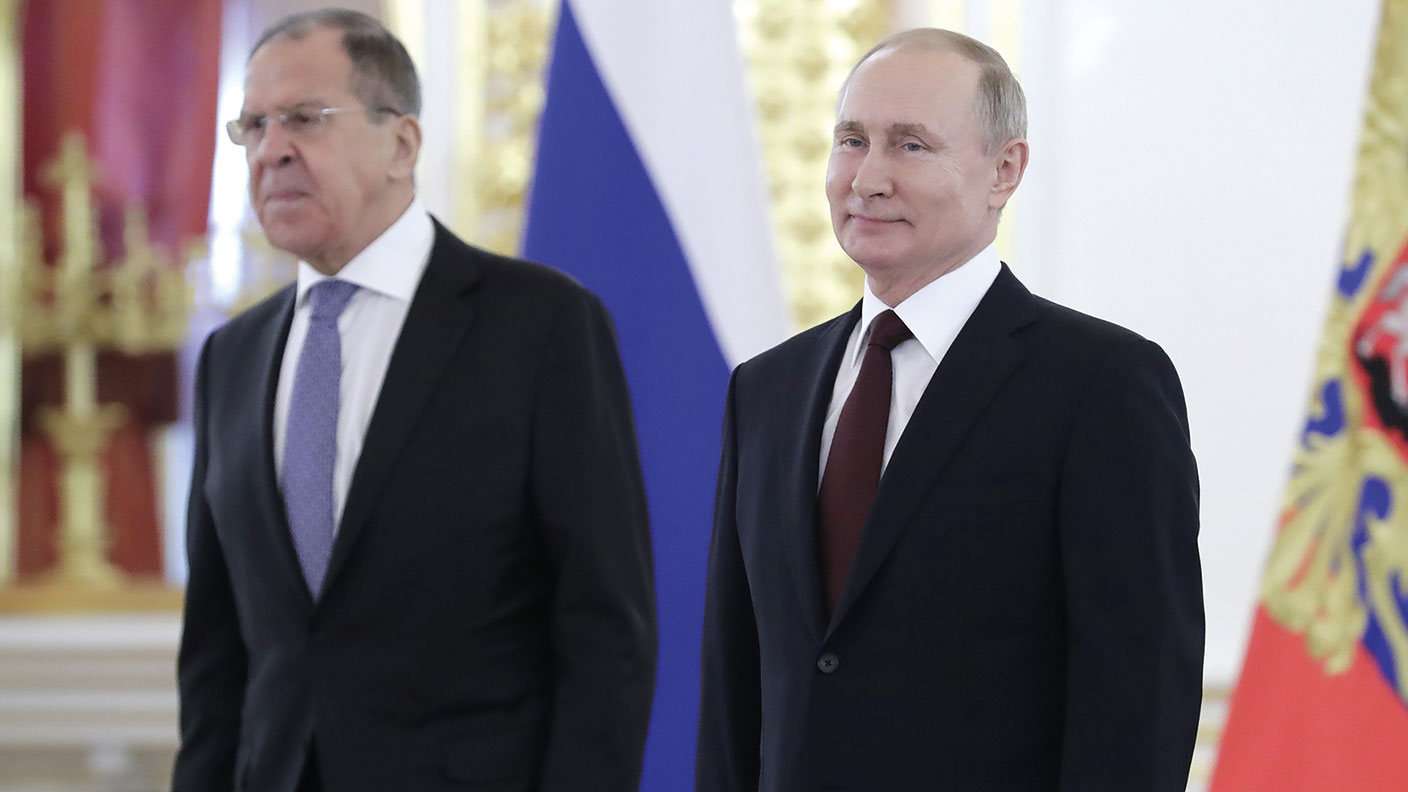 Will the sanctions aimed at Putin have any effect?
Will the sanctions aimed at Putin have any effect?Briefings Russia’s invasion of Ukraine has changed the West’s strategic calculus and tougher than expected sanctions have followed. Will they be enough to change the course of events?
-
 Markets fear inflation more than war
Markets fear inflation more than warNews The world's stockmarkets have dismissed Russia's invasion of Ukraine - preferring to concentrate on the perils of inflation.
-
 What exclusion from the SWIFT banking system means for Russia
What exclusion from the SWIFT banking system means for RussiaBriefings As part of Western sanctions, many of Russia's banks have been banned from the SWIFT system. Saloni Sardana explains what that is, and how the ban will affect Russia
-
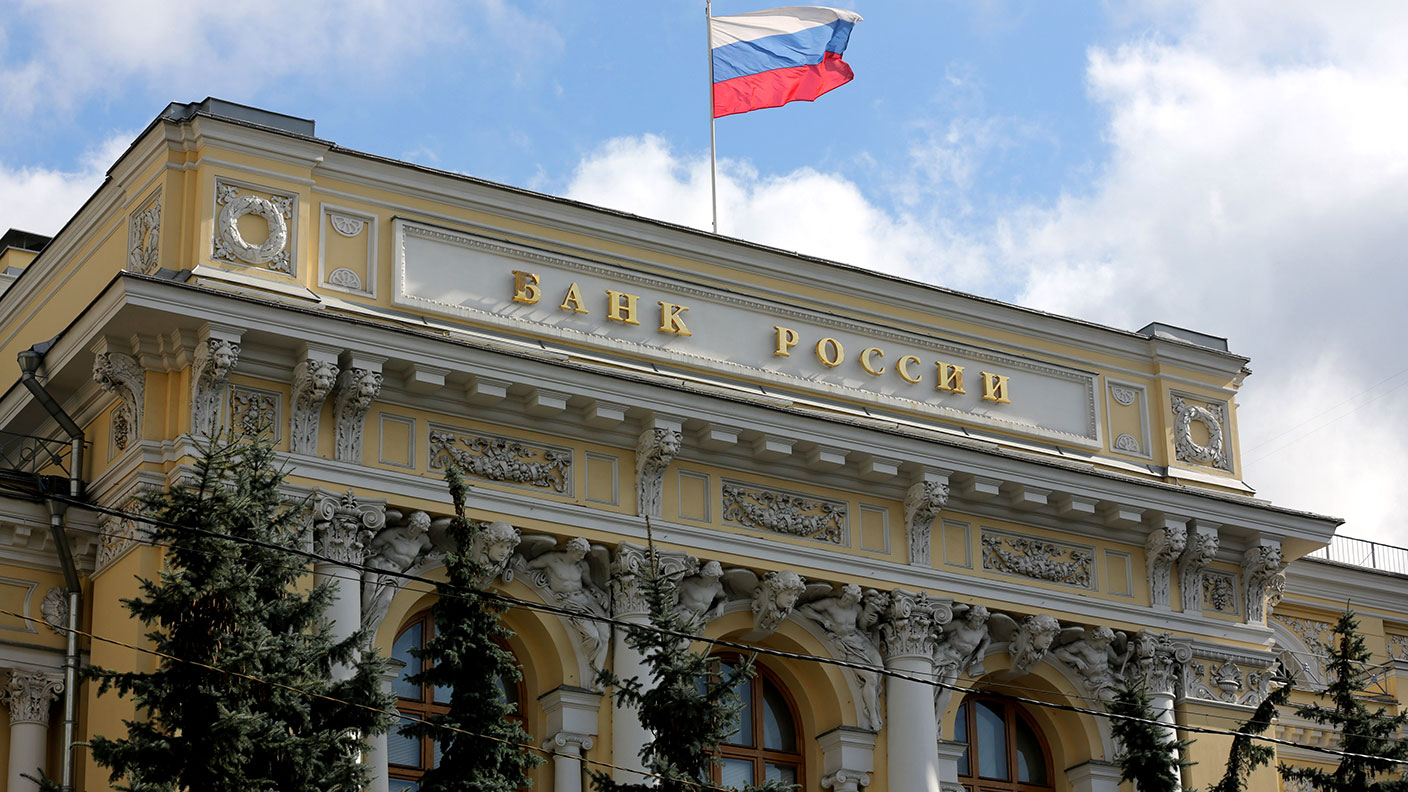 Russia is now a financial pariah. What does that mean for markets?
Russia is now a financial pariah. What does that mean for markets?Analysis With Russia being frozen out of the global financial system, John Stepek looks at what it means for markets, the global economy, and your portfolio.
-
 Oil passes $110 a barrel as Russia’s invasion of Ukraine continues – here’s what it means for you
Oil passes $110 a barrel as Russia’s invasion of Ukraine continues – here’s what it means for youBriefings With Russia's invasion of Ukraine intensifying, the price of oil, gas and petrol has soared even further. Saloni Sardana looks at what the future may hold for energy prices.